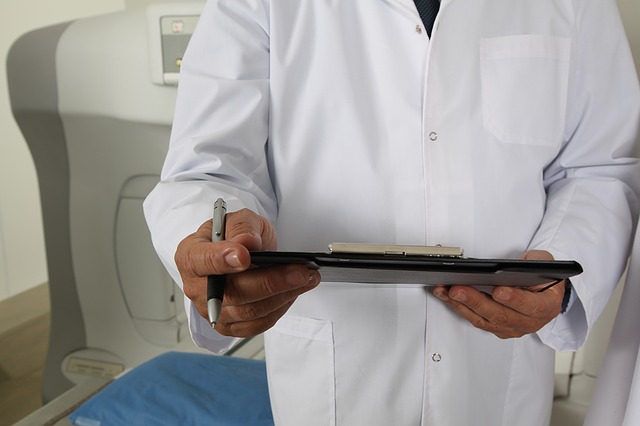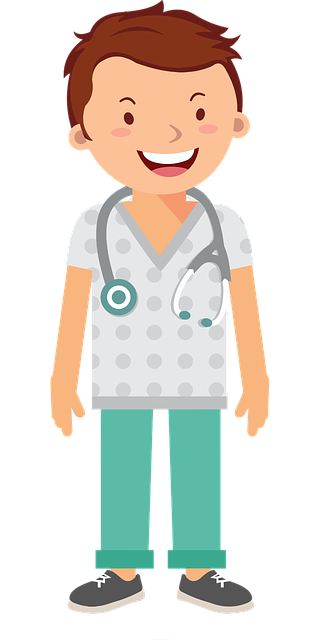Circumcision Brisbane aftercare is quite important for Sydney Circumcision and infants. If the appropriate steps are taken at the right time, they could heal well. Most parents find that the most difficult aspect of infant circumcision is that the cleanup process. That is why parents will need to be certain their child follows each the aftercare instructions.
Aftercare In A Circulation Clinic
The most common concern after a toddler’s circumcision is penile swelling. The swelling is most commonly confined to the head of their penis, but can occur anywhere along the shaft. Since the circumcision procedure for adults and older boys can also be a great deal more complicated, the recovery procedure can take up to fourteen days. Circumcision Aftercare For Infants and Children it’s particularly important that you don’t interfere with the wound while it heals, other then making sure it is completely clean.
A common approach to infant circumcision aftercare is to swab the area with baby wipes or a cleanser. Parents may also opt to use petroleum jelly or an ointment to help alleviate the discomfort and inconvenience of this swelling. It is not uncommon for babies to get diaper changes as part of their recovery. If it happens, it is important to allow the baby to finish doing so without crying. Oftentimes, parents find that their infants will gain weight because they cannot sleep at night as a result of distress.
Aftercare In A Circulation Clinic
It’s also normal for babies and toddlers to receive an initial antibiotic therapy within six weeks of this process at the Birmingham circumcision clinic, we have found. The goal of this antibiotic therapy is to reduce the chance that the area will become infected with any disease following the process. In addition, it helps to alleviate any irritation that may be linked to the stitches. The antibiotic must continue to be administered for approximately six weeks, until the stitches are removed.

It is also normal for infants and toddlers to obtain one dose of pain medicine, which is given about half an hour after the stitches are removed. We’ve found that this dose usually helps to lower the discomfort that some older children’s experience. We’ve never handled pain medication to a baby prior to, during, or following a circumcision. If we do, we have been very careful to ensure that the child’s age and medical history have been taken into account. While we always try to minimize the probability of infection, we always err on the side of caution and continue to administer antibiotics until all disease was cleared.
Aftercare In A Circulation Clinic
In addition to the topical analgesics, it is also common for physicians to urge an analgesic cream is applied to the skin, and that will help to relieve any pain which may be connected with the local anaesthetic. Typically, doctors won’t use a local anaesthetic for processes like penile enlargement, unless it is absolutely necessary. Circumcision aftercare should not cause any distress for you or your infant. The only time a local anaesthetic may be necessary is when the physician feels that the pain caused by the stitching is so acute that there is not any other way to remedy the situation.
Aftercare In A Circulation Clinic
If all appears well and the process was a success, you and your partner could return home. Ordinarily, you will remain in the operating area for a final consultation with the doctor. In this time period, it is possible to expect the physician to examine your manhood to make sure that he is able to reattach the foreskin easily. Next, he will position your penis in the appropriate position for the process. Usually, this requires the assistance of two staff members; you to hold the flaccid member in place, and another to use pressure on the glans to make sure it doesn’t slip out of place.
When the exam has been completed, you and your parents may leave the practice. It’s important that you and your partner stay calm and talk about the procedure only for you. Your parents should not talk to anybody else in the practice except you and your physician. Your parents will need to inform you of the date of your follow up visit with the doctor. Additionally, you and your parents may both need to sign a written consent form stating that you know that the doctors will track any illnesses that you might grab during your follow up visit.



